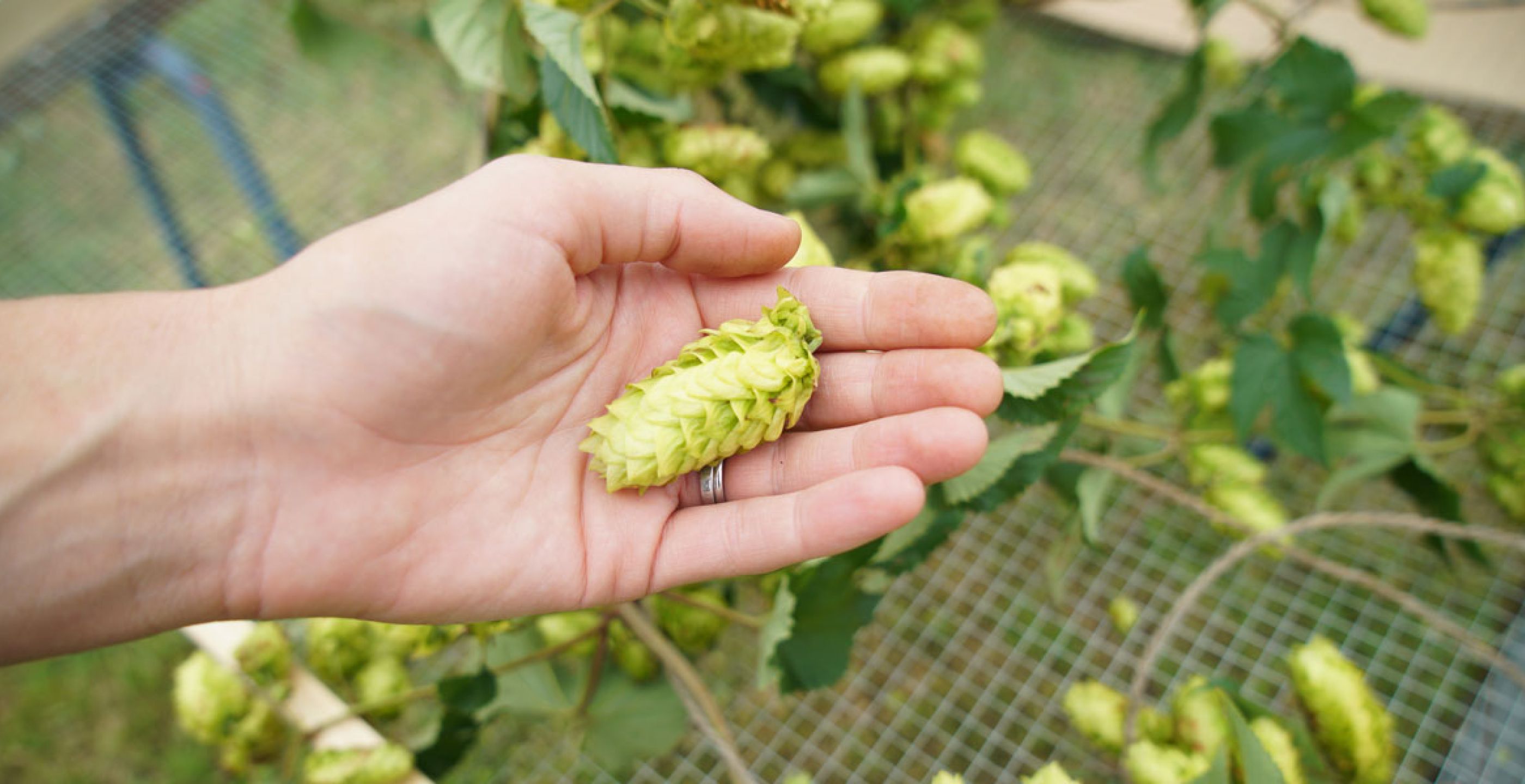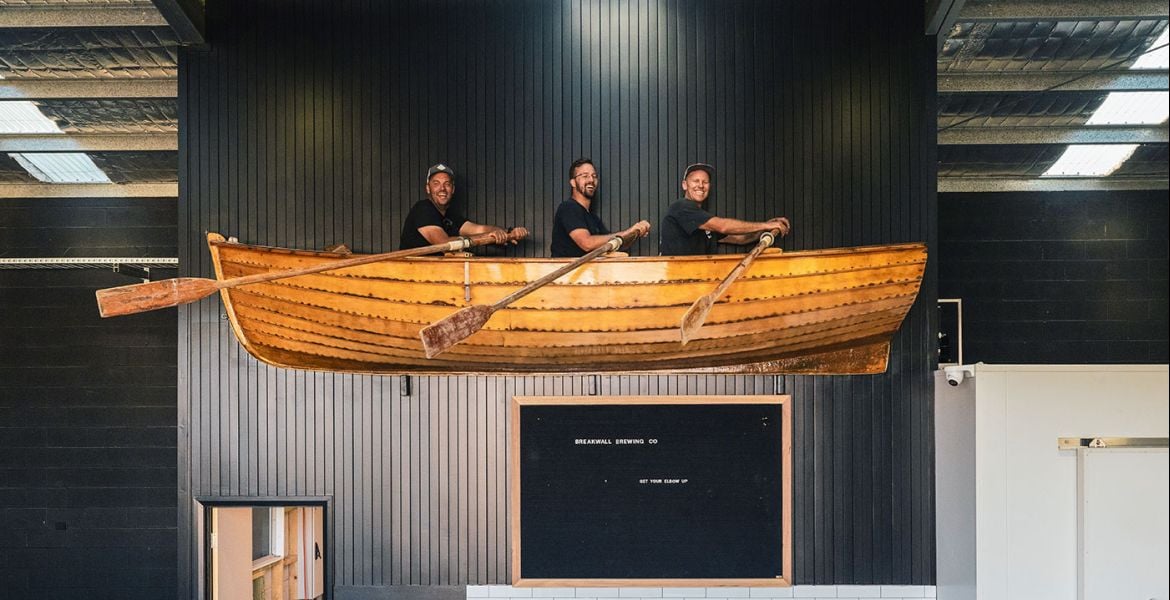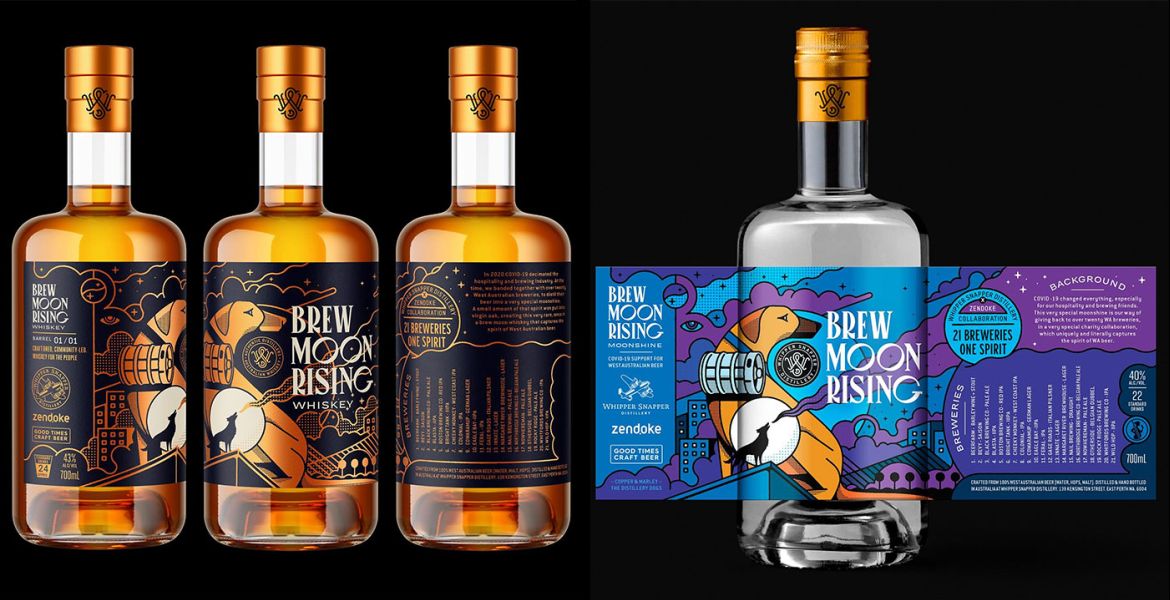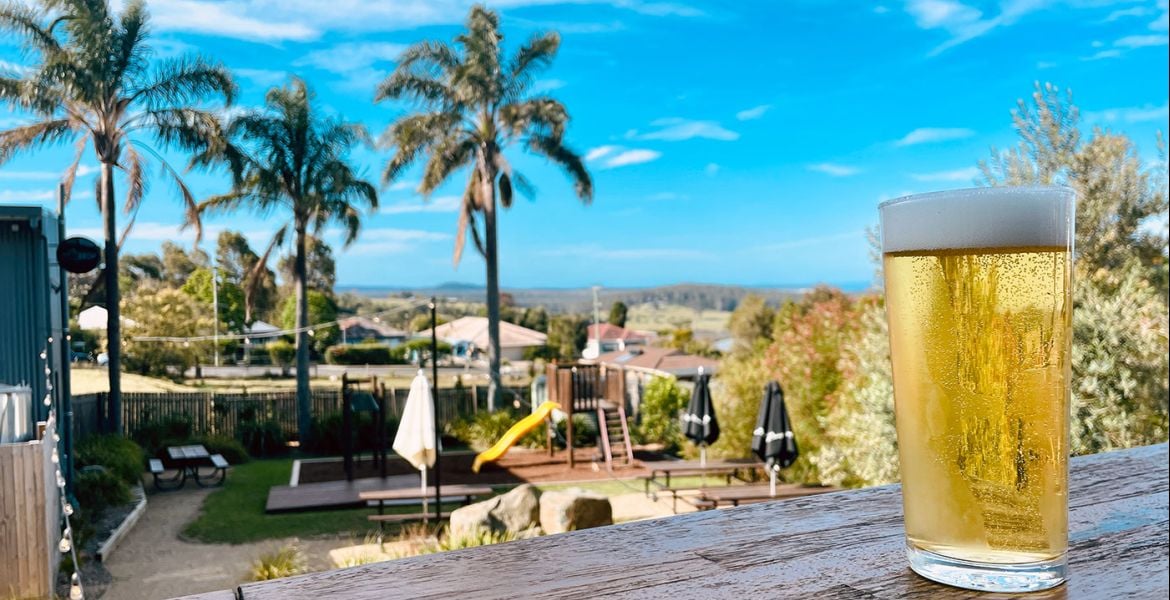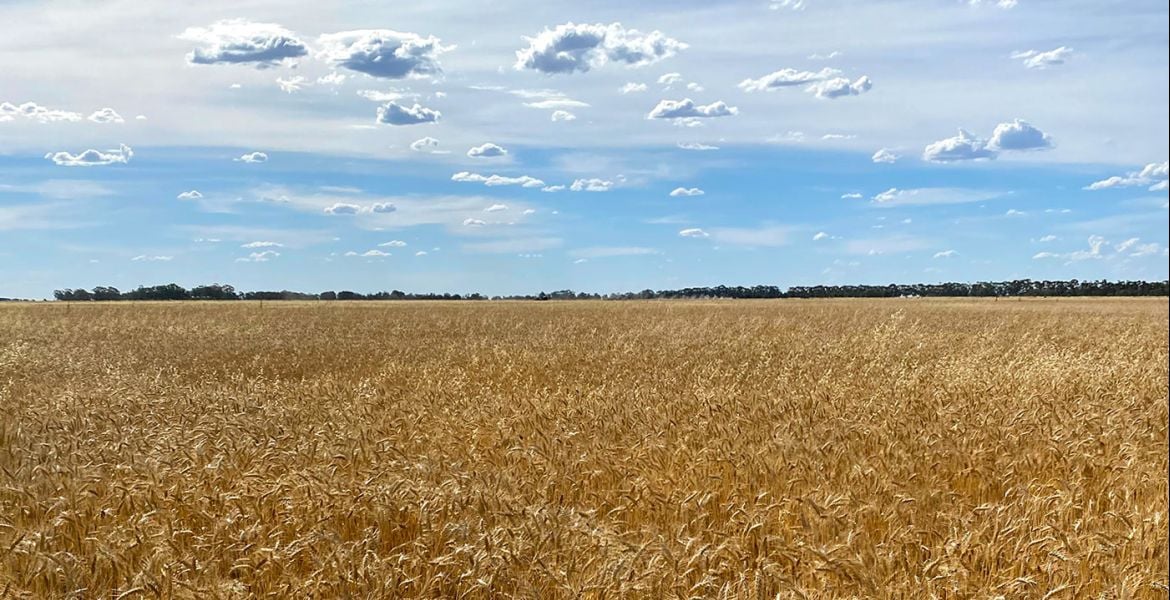Australian grown hops continue to enjoy a long and successful history in our southernmost states. For the past 150 years, Victoria and Tasmania have been the birthplaces of most of our country’s hops, with recent arrivals such as Galaxy becoming highly sought after the world over.
It's with good reason the crops thrive there, too – both states lie south of the 35° latitude line. While there are plenty of other factors that can determine whether growers will be successful, it's below this line (and above 55°) that seasonal day length and the presence of winter frost allow the hops to grow and become dormant at the appropriate intervals.
It turns out a small portion of New South Wales also lies below this magic line and, in its heart, lies the town of Bemboka. Here, on an former dairy farm named Ryefield’s, one of Australia’s newest hop fields is beginning to take root.
The farm belongs to Morgan Taylor, whose family has owned it for the past three generations. In its heyday, it supplied milk to the local Bega cheese factory, but slowly fell into disuse as the family, Morgan included, moved away for university and then work.
“He’s always wanted to be a farmer,” says his wife, Karen Taylor, a co-owner of Ryefield Hops.
Completing the picture is her sister Jade, an avid homebrewer. Together, the trio realised the potential of the unused farm and took the next logical step that any group with such a particular set of interests would do: started growing hops on it.
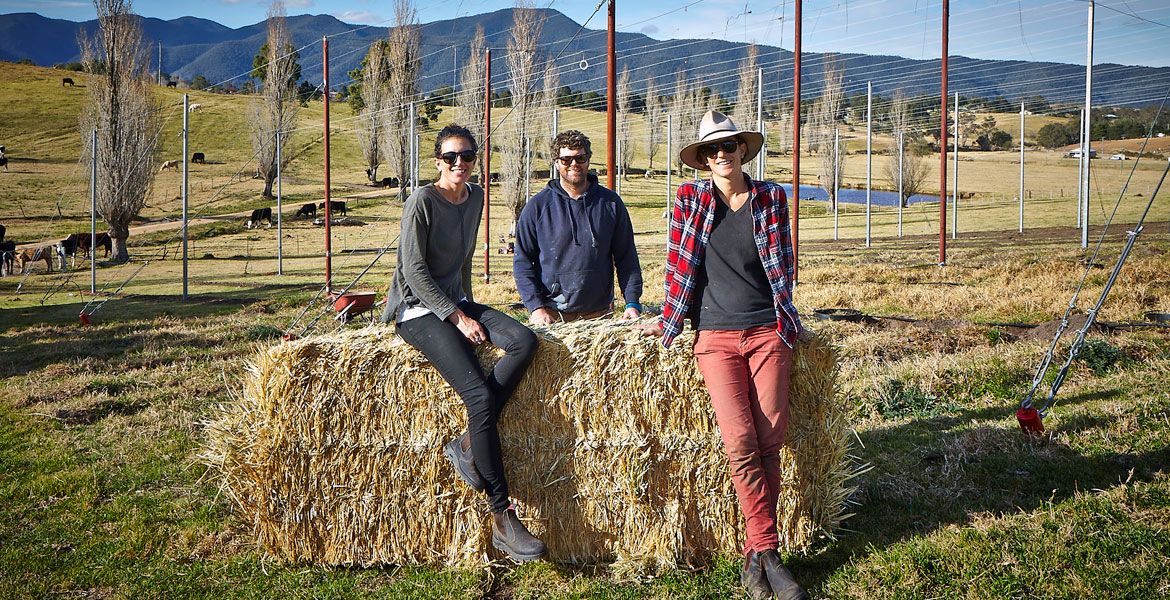
“The beauty is that the land we are using has not been functioning as a dairy for over a decade,” explains Karen. “The land hasn’t been treated with chemicals for many years.
"We are attempting to stay that way, spray-free, using permaculture practices and methodologies to promote natural pest, disease and weed management. So, we have the possibility of being certified organic down the track.”
The first of the unofficially organic hops were planted in 2016, consisting of 140 rhizomes of four different varieties – Fuggle, Chinook, Cascase and Hallertau.
“We specifically chose varieties from different countries to determine what would grow best in our area,” says Karen. “There aren’t really any other growers near us, so the first thing was just to see if anything would grow at all.”
In a successful first harvest, three of the four hops produced significant yields.
“Halltertau didn’t grow well for us, so we’ve decided not to expand on that," she says. "This year, we’ve added Saaz into the mix and an extra 600 plants.”
Given hops can take four years to mature fully, it’s hard for Karen and the team to say exactly what their final product lineup will look like. But, despite that, in the meantime business is booming.
“So far, it’s going good, we’ve got more demand than we can supply. There’s a few small breweries opening up this way that are keen to use our hops – one in Tathra and another in Wallaga Lake.
"They’re currently testing their beers out and they’re keen to grow bigger with us.”

Ryefield has also supplied some of its hops further north, most notably for Sydney's Wildflower Brewing & Blending, which will release an all NSW beer tomorrow (October 21) as part of Sydney Beer Week. Named Waratah after the New South Wales state flower, it also feature grains from the Riverina’s Voyager Craft Malt and native yeasts from Wildflower’s house strain.
The launch even features talks from all involved in the production of the beer. A further event the following Tuesday at Bloodwood Restaurant & Bar in Newtown aims to pair the all NSW drink with an all NSW food menu from Bemboka and the Riverina. It's a sequence Karen hopes will mark the beginning of a strong relationship between Ryefield and other NSW and ACT brewers.
“Ideally, we would like to promote wet-hopped beers in these states," she says. "Hops are harvested in March and brewers can come pick their own, or we can send it up to them.”
She also hopes the ethics of the hop farm will attract interest. Not only is it on track to be certified organic, the owners also aim to run a circular economy between the hops and dairy production.
“We are aiming for zero waste from our hops," she says. "We will use cow manure from the functioning family dairy farm for compost and our main byproduct, hop leaves, can be fed to cows.”
Yet perhaps the biggest advantage of all is the idea of a local, family run grower in a familiar part of the country.
“People are getting more interested in the provenance side of things,” says Karen. “Just being able to know where things come from.”
You can find out more about Ryefield Hops here and check out other stories in our ongoing Collaborators series, which focuses on businesses operating in and around the craft beer industry, here.
About the author: Marie Claire is a full-time craft beer enthusiast whose side hobbies include writing about beer (and winning awards for it) and completing a PhD in experimental physics. She can be found online at newsouthales.com.



